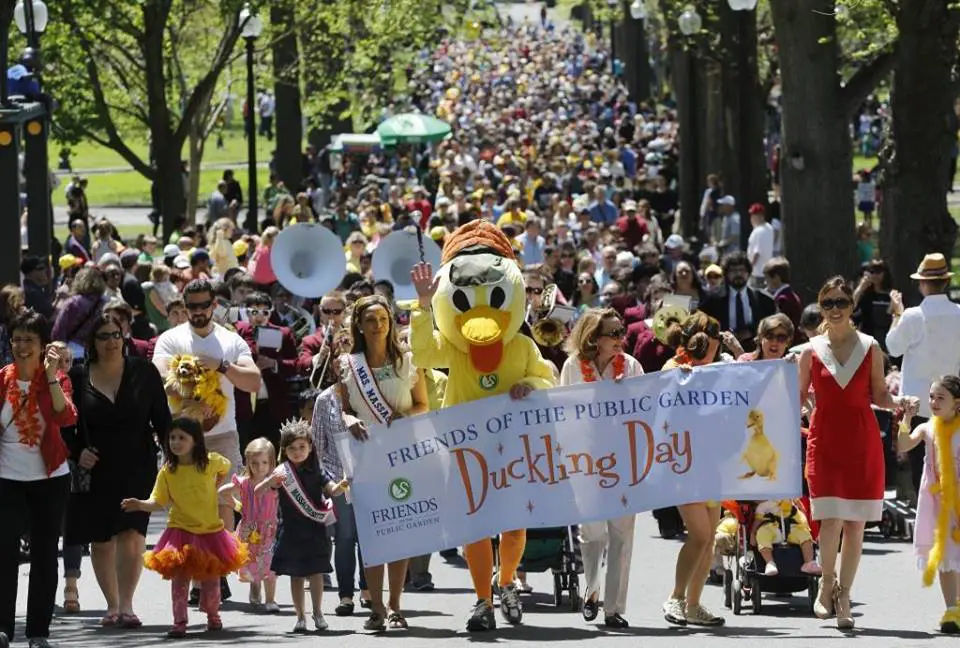 Mama, I know you have a lot on your plate. You’re juggling the demands of parenting, work, household chores, and personal care. You have to deal with tantrums, spills, messes, and meltdowns. You have to make decisions, solve problems, and plan ahead. You have to cope with stress, fatigue, and guilt. You feel every flake of the growing snowball of burnout.
Mama, I know you have a lot on your plate. You’re juggling the demands of parenting, work, household chores, and personal care. You have to deal with tantrums, spills, messes, and meltdowns. You have to make decisions, solve problems, and plan ahead. You have to cope with stress, fatigue, and guilt. You feel every flake of the growing snowball of burnout.
Sometimes (let’s face it, LOTS of times), you might feel overwhelmed by the challenges of motherhood and all that comes with it. You might wish for things to be easier, simpler, or different. You might complain about your lack of sleep, your picky eater, your slow internet, or your noisy neighbor. You might vent to your friends, your spouse, or your therapist.
And then you might feel bad about it.
You might feel like you have no right to complain. You might feel like you should be grateful for what you have. You might feel like you are being selfish, spoiled, or entitled. You might feel like you are ignoring the bigger problems in the world, or the bigger needs of others. You might feel like you have no business feeling this way. You might feel like you need to just stop complaining and “suck it up, buttercup.”
We talk a lot about how social media shows us the “highlight reel” of others’ lives, but it also lends perspective to the challenges or hardships our friends and peers are facing. The same instinct to compare comes into play with the hard stuff. We can end up feeling guilty that our challenges aren’t challenging enough to “count,” or that our hardships, however small, just aren’t hard enough to talk about.
You might tell yourself: “These are first-world problems. I should get over it.”
But here’s the thing: You ARE allowed to have first-world problems.
You are allowed to acknowledge the difficulties and frustrations of your life, no matter how big or small they are. You are allowed to express your feelings and opinions without being judged or dismissed. You are allowed to seek support and comfort without being shamed or guilt-tripped.
Having first-world problems does not mean you are ungrateful, selfish, spoiled, or entitled. It does not mean you are ignoring the bigger problems in the world. It does not mean you are comparing yourself to others or minimizing their struggles. It doesn’t make you out of touch.
It simply means you are human.
You are human, and you have needs, wants, preferences, and expectations. You have hopes, dreams, fears, and disappointments. You have joys, sorrows, pleasures, and pains.
You have a right to experience and express all of these things.
Of course, there is always an extreme case — this doesn’t mean you should dwell on the negative or ignore the positive. It doesn’t mean you should be complacent or indifferent, or insensitive or disrespectful.
It simply means you should be honest and compassionate. It’s important to be honest with yourself and others about how you feel and what you need. You should be compassionate to yourself and others when things are hard or stressful. You should be mindful of your perspective and attitude when things are good or easy.
There is a balance to be found between gratitude and discontent. Gratitude can help you appreciate what you have and cope with what you don’t. Discontentment can help you improve what you can and change what you want. Both can help you grow as a person and as a mom.












